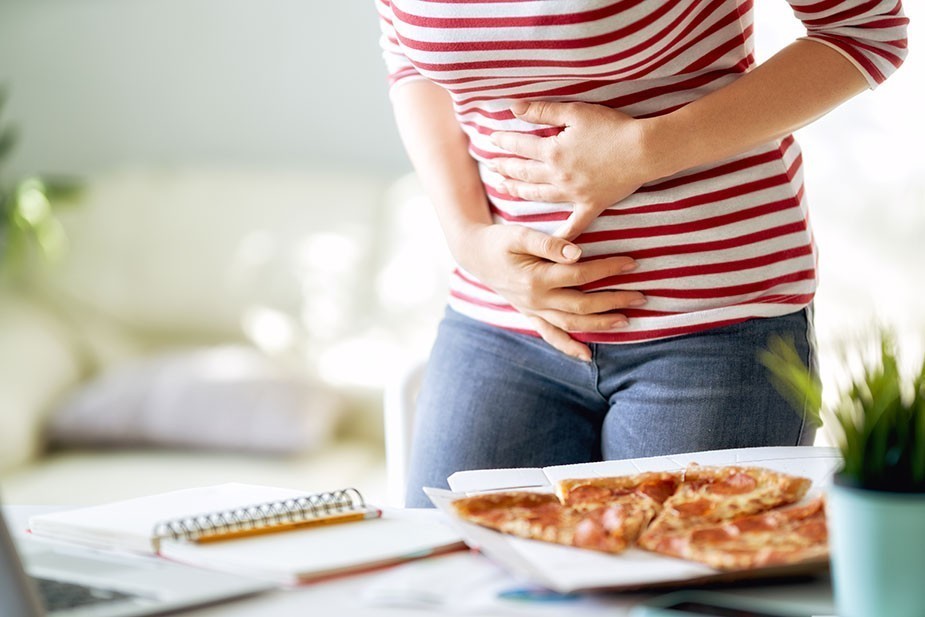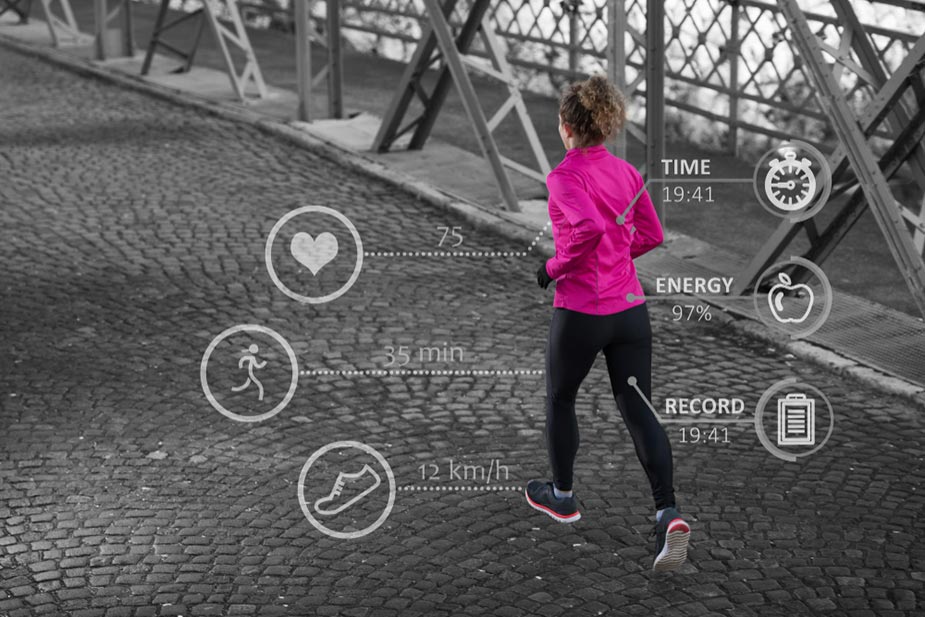A stomach ulcer, also known as a peptic ulcer, is damage to the stomach lining that can cause stomach pain, nausea, vomiting, and other unpleasant symptoms.
Although the causes of stomach ulcers vary, such as infection by the Helicobacter pylori bacteria or long-term use of non-steroidal anti-inflammatory drugs (NSAIDs), a proper diet can play a crucial role in alleviating symptoms and promoting healing.
In this article, we’ll explore how diet can improve the condition of people with stomach ulcers and which foods to include or avoid.
Smaller, Frequent Meals
One way to alleviate stomach ulcer symptoms is by distributing your daily food intake into smaller, more frequent meals. Instead of eating three large meals, try consuming five or six smaller meals throughout the day. This will help maintain stable stomach acid levels and reduce irritation of the stomach lining.
Avoid Spicy and Fatty Foods
Spicy and fatty foods can increase stomach acid production, which can worsen stomach ulcer symptoms. Avoid hot spices, fried foods, fatty cheeses, and processed meats. Instead, consume lean meats, poultry, fish, low-fat dairy products, and prepare your meals by baking, steaming, or grilling.
Incorporate Fiber into Your Diet
Fiber can help reduce stomach ulcer symptoms by absorbing stomach acid and protecting the stomach lining. Fiber-rich foods include fruits, vegetables, whole grains, legumes, and nuts. However, be cautious with acid-producing fruits like citrus and opt for low-acid fruits like bananas, pears, or melons.
Avoid Caffeine, Alcohol, and Carbonated Drinks
Caffeine, alcohol, and carbonated beverages can trigger stomach acid production and irritate the stomach lining, worsening stomach ulcer symptoms. Instead of coffee, tea, and carbonated drinks, choose water, herbal teas, and other caffeine-free beverages. If you consume alcohol, do so in moderation or completely avoid it until you recover.
Probiotics for a Healthy Gut Balance
Probiotics are beneficial bacteria that can help maintain a healthy gut balance, which is essential for preventing Helicobacter pylori infection and recovering from stomach ulcers. Include fermented foods like yogurt, kefir, sauerkraut, and kimchi in your diet, as they are a natural source of probiotics. You can also consider taking probiotic supplements after consulting with your doctor.
Be Cautious with Certain Fruits and Vegetables
Although fruits and vegetables are rich in fiber, some types can irritate the stomach lining. Avoid tomatoes, citrus fruits, onions, and garlic if you notice they worsen your symptoms. Instead, opt for more neutral fruits and vegetables like potatoes, zucchini, carrots, broccoli, spinach, bananas, pears, and melons.
FAQ – Stomach Ulcers and Diet
What foods help heal stomach ulcers?
Foods that help heal stomach ulcers include fiber-rich foods like fruits, vegetables, whole grains, and legumes. Probiotic-rich fermented foods, such as yogurt, kefir, sauerkraut, and kimchi, can also support gut health and ulcer healing. Opt for lean meats, poultry, and fish, as well as low-fat dairy products, as they are less likely to aggravate ulcers.
What foods should be avoided with stomach ulcers?
Foods to avoid with stomach ulcers include spicy, fatty, and fried foods, as they can increase stomach acid production and worsen symptoms. Also, avoid or limit caffeine, alcohol, and carbonated beverages. Be cautious with certain fruits and vegetables like tomatoes, citrus fruits, onions, and garlic if they aggravate your symptoms.
Can you heal an ulcer with diet?
While diet alone may not completely heal an ulcer, a proper diet can play a crucial role in alleviating symptoms and promoting the healing process. Adapting your dietary habits, such as consuming smaller and more frequent meals, avoiding spicy and fatty foods, and incorporating fiber and probiotics, can support your recovery.
What is the fastest way to cure a stomach ulcer?
The fastest way to cure a stomach ulcer involves a combination of medical treatment, lifestyle changes, and a proper diet. Medical treatment may include antibiotics, acid-reducing medications, and antacids. Lifestyle changes can involve stress reduction and avoiding smoking.
A proper diet includes consuming smaller meals, avoiding irritating foods, and incorporating fiber and probiotics. Always consult with your doctor for individual recommendations tailored to your health condition.
Conclusion
A proper diet plays a key role in alleviating symptoms and promoting healing for stomach ulcers. Adapting your dietary habits, including more frequent and smaller meals, avoiding spicy and fatty foods, incorporating fiber, avoiding caffeine, alcohol, and carbonated drinks, and consuming probiotics can help you on the road to recovery.
Always consult with your doctor or nutritionist for individual recommendations tailored to your health condition.




